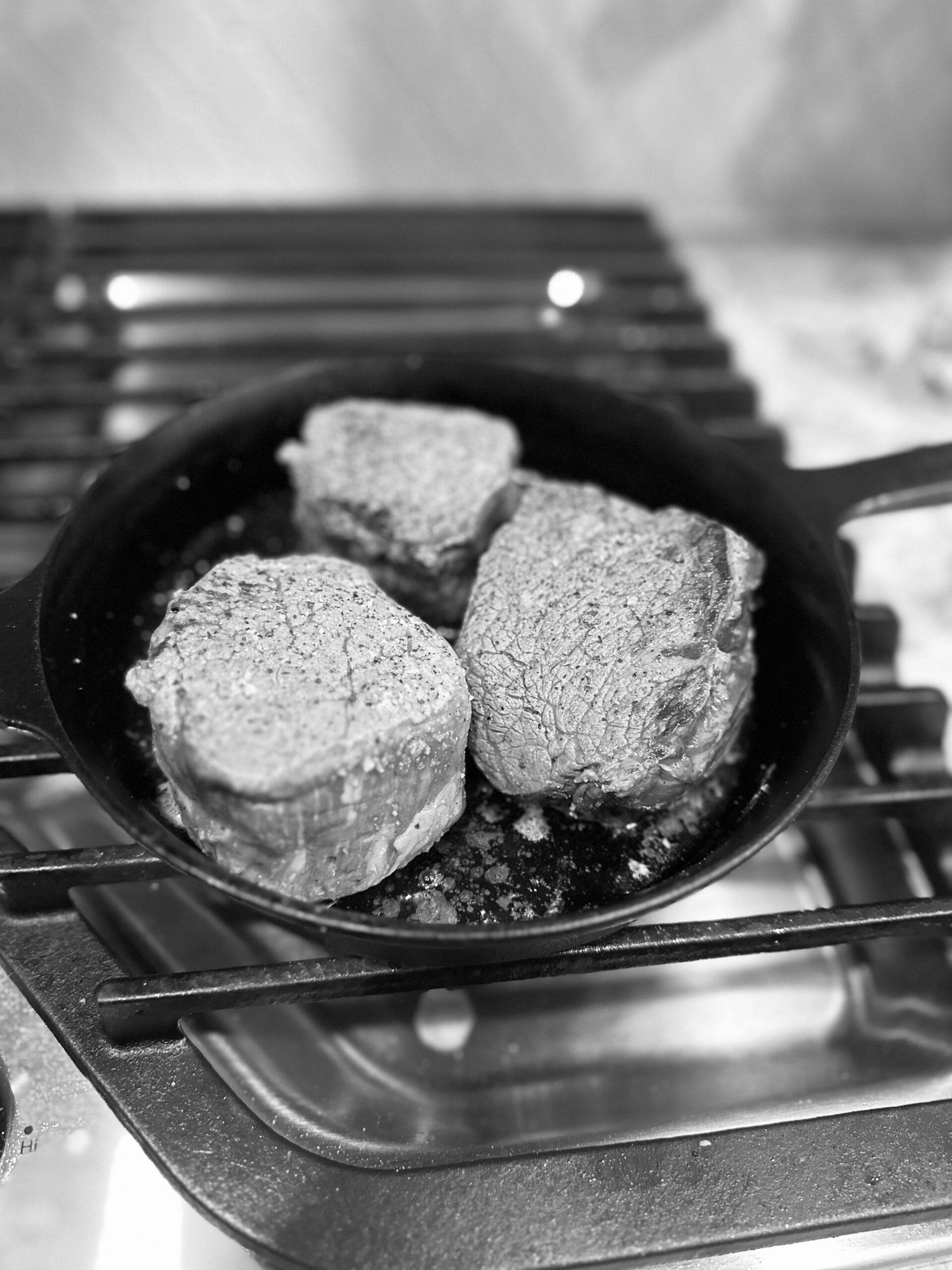It seems that the fitness/nutrition world and social media never seizes to hook their followers by promising revolutionary health benefits and unparalleled weight loss/gain abilities with some sort of new and groundbreaking diet. The problem with these diets is they are typically “fads” and tend to be very restrictive and unmaintainable.
One of the more recent show runners for these types of diets is the popularized Carnivore Diet. The carnivore diet is a restrictive diet that involves only eating animal meat and low lactose dairy. It also means eliminating tea, coffee and other drinks derived from plants. The diet has been endorsed by many extreme athletes and celebrities including Joe Rogan and the Liver King for its positive effects on weight loss, energy, gut function, and immune function. However, there are two sides to every coin.
Just to be clear, you can only consume:
Meat: beef, chicken, turkey, organ meats, lamb, pork, etc.
Fish: salmon, mackerel, sardines, crab, lobster, tilapia, herring, etc.
Other animal products: eggs, lard, bone marrow, bone broth, etc.
Low-lactose dairy (in small amounts): heavy cream, hard cheese, butter, etc.
Water
We will discuss some of the pros and cons to the carnivore diet, so that you have a more complete picture on the benefits and the drawbacks.
Although many proponents of the diet suggest that it is the way humans have evolved to eat, there are many negatives associated with the diet that must be discussed.
- It’s not sustainable. Many fad diets tend to produce quick successes in the short term, but are difficult to maintain, so many individuals end up reverting back to their old eating habits after a short period of time. This is the case with the carnivore diet as it is extremely restrictive in its food options, so it is very difficult to stick with over the long term.
- It is socially restrictive. Sharing food and meals with others is a cornerstone in today’s society and is a fundamental way in which people bond and build relationships. When your diet is restricted to a minuscule amount of food options, many issues can arise when dining with friends and family, which in turn creates another factor for the diet’s sustainability.
- The diet is devoid of fiber and important vitamins and minerals. Not only is fiber necessary for regular bowel movements and digestive function, but a high fiber diet has been associated with decreased heart disease and colon cancer, as well as improved blood sugar management. If plants are eliminated, you may need to supplement the nutrients found in plants for a well balanced and healthy diet.
- Dehydration can occur. When carbohydrates are removed from the diet, a substantial amount of water weight is lost. Carbohydrates act like a sponge and soak up lots of water in the body, so when you remove carbs, the body loses water. This is an issue because water contains electrolytes, which are necessary for hydration, and proper cell maintenance and function. Many people report hydration and electrolyte imbalances on carb-free diets that can lead to many symptoms including anxiety, restlessness, cramping, and decreased performance. Additionally, the electrolyte, potassium, is found mostly in plant foods, so when you are only consuming meat, it will be very difficult to consume adequate quantities of potassium through food alone. Supplementation will most likely be necessary.
- The diet is very high in saturated fat. Consuming more saturated fats can lead to higher LDL (bad cholesterol) numbers, which may increase risk of heart disease. While the latest research is sorting out the relationship between high saturated fat intake and heart disease, public health organizations still recommend keeping saturated fat consumption low. Research is still being conducted on this topic, but in general, it is a good decision to maintain balance in one’s diet, and the carnivore diet is anything but balanced.
Although there are many drawbacks to the carnivore diet, there are some possible positives to be gained from eating in this manner:
- The diet has been known to promote weight loss. This can be due to two main factors. The first being that in general, it is likely that you will be in a calorie deficit on this diet due to the restriction on food choices. The second reason is because when you remove carbohydrates from your diet, your body loses a portion of weight in the form of water loss.
- It is a high protein diet. Protein is a vital macronutrient for building and maintaining muscle mass, healing wounds, and maintaining normal hormone and enzymatic processes within the body. Consuming enough protein is vital for a healthy lifestyle, so the carnivore diet can be beneficial for this purpose.
- It is an elimination diet. An elimination diet is one that seeks to eliminate foods that may be causing adverse effects for an individual. Using the diet for these purposes can be useful for those dealing with autoimmune or digestive issues. Some will switch to a carnivore diet for a short period of time and proceed to slowly incorporate new foods back into their diet, so that they can sort out which foods are problematic for the individual.
- Removal of sugar rich and highly-processed foods. Sticking to animal proteins and removing carbs means no cookies, soda, candy, ice cream, etc. This will naturally be good for your blood glucose levels and significantly cut your total calorie intake.
We know the temptation to try to shock the body to get a different result. However, we believe in a well balanced diet that is easier to stick to and will benefit you more in the long run. Overall, the Carnivore diet is highly restrictive and seems to have more cons than pros.
As with any new diet or experimentation with your health, we always advise you to speak to your doctor or health care professional. The information provided in this blog is intended for educational and informative purposes only and is not intended to serve as medical or professional advice.
If you have any questions regarding this or any other nutrition plans/diets, please do not hesitate to reach out to us!



